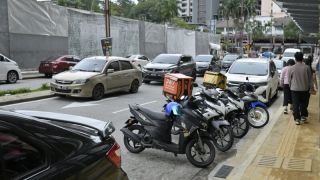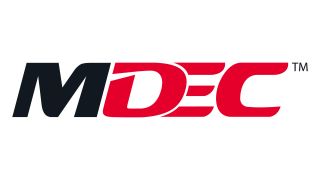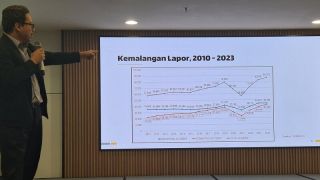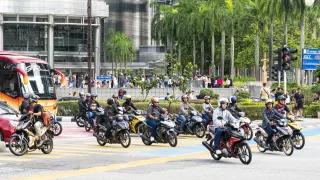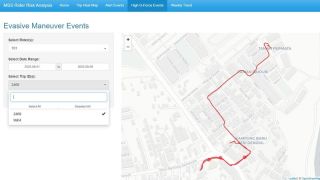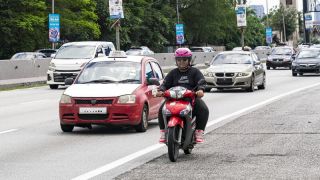RideHawk™ and the Future of Safe Commercial Motorcycling

The Hidden Challenge in Commercial Motorcycle Safety
Around the world, motorcycles are the backbone of daily life—delivering goods, connecting people, and sustaining livelihoods. But according to the World Bank’s 2025 Guidelines for Governments and the Private Sector, this rapid growth has created serious safety risks. Commercial motorcycles now account for nearly 30% of global road fatalities, with the highest impact in developing regions where informal operations dominate, and data for safety countermeasures and enforcement is scarce.
For millions of riders—commuters, delivery drivers, and gig-economy workers—the road is their workplace. Yet unlike factory floors or offices, their safety systems remain largely overlooked and unsupported.
The Numbers Tell the Story
- High exposure, high risk: In low- and middle-income countries (LMICs), motorcycle users face up to four times the fatality risk of car drivers.
- Weak insurance coverage: In some markets, over 70% of commercial riders operate without valid insurance.
- Limited training and licensing: Many riders enter the job with no structured safety education or ongoing evaluation.
- Data gap: Without verifiable riding data, regulators, insurers, and employers struggle to identify and correct high-risk behavior.
RideHawk™: Turning Policy into Practice
RideHawk was built to address exactly what the World Bank highlights—a need for measurable, technology-driven safety solutions.
- Real-Time Risk Detection:
RideHawk sensors alert riders to unsafe conditions before a crash occurs.
- Tailored Training Based on a Rider’s Own Performance:
Each ride produces a Safety Score, followed by personalized feedback and training tips—transforming data into daily learning.
- Fleet and Policy Insights:
Aggregated RideHawk data helps governments, insurers, and fleet operators monitor compliance, identify risk factors and high-risk areas, and guide smarter interventions.
Insurance Inclusion Through Verified Behavior
The World Bank emphasizes the role of insurers in achieving universal motorcycle coverage. RideHawk makes this practical by enabling usage-based insurance models, where safer riding is rewarded through lower premiums. For the first time, insurers can distinguish between commuting, delivery, and leisure trips—helping to reduce fraudulent claims and promoting fairness in the system.
Supporting Governments and Responsible Companies
Both public and private sectors play a critical role in implementing safer commercial operations. RideHawk provides the digital infrastructure to:
- Verify licensed, trained riders and registered fleets.
- Link financing or leasing programs to safety performance.
- Generate transparent analytics to support regulatory oversight.
Why It Matters
Without action, motorcycle fatalities in developing economies will continue to rise—costing lives and straining health systems. With RideHawk, governments, insurers, and companies gain a practical tool to deliver measurable impact: safer riders, faster emergency response, and lower claims costs.
Every kilometer becomes a data point for change.
Ride Smart. Protect Riders. Drive Change with RideHawk™.
To learn more: Stefan Pertz – WhatsApp +60 10-271 2610
#RideHawk #MotorcycleSafetySolutions #RoadSafety #WorldBank #SafeSystems #InsuranceInnovation
References
Global Road Safety Facilities (World Bank Group) (2025). Safety of Commercial Motorcycles: Guidelines and Good Practices for Governments and the Private Sector. Washington, D.C.: Global Road Safety Facility. Available at: https://openknowledge.worldbank.org/entities/publication/389e9b3a-f98d-45ce-aaa0-281bb21c583d

